Communication is the cornerstone of success, the one skill that will enable you to achieve a much higher quality of life both personal and professional. By polishing your communication skills, you can connect better with people from all over be it for professional or entrepreneurial purposes not to mention when still pursuing further studies. We will guide you through some communication skills exercises that can help improve the level of your skill and also make you more confident!
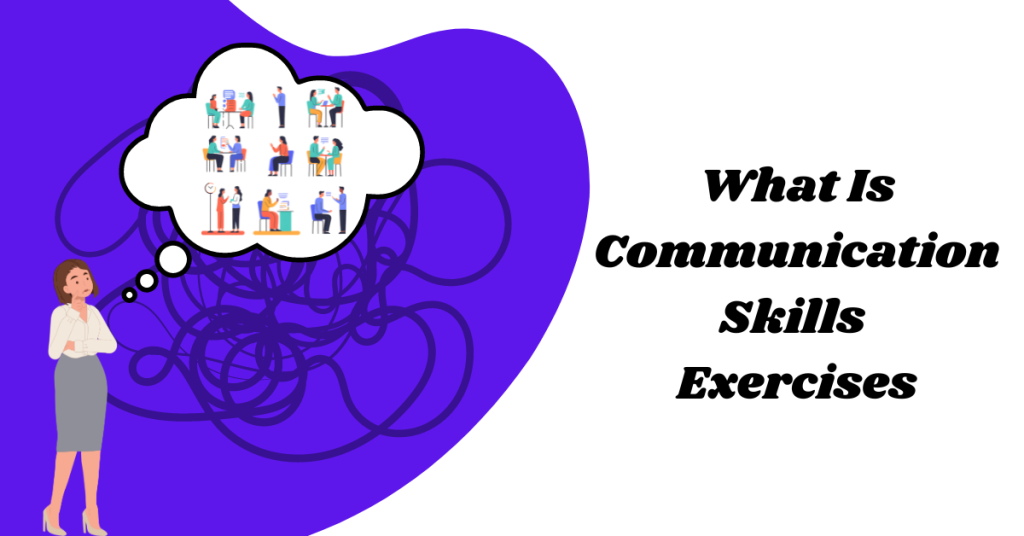
What Is Communication Skills Exercises
Communication skills exercises are very particular activities that aim to improve certain areas of our communication, such as listening, speaking body language, or emotional intelligence. While these can range from simple ice-breakers, all the way up to complex problem-solving exercises that require additional teamwork and collaboration.
Importance Of Communication Skills
Aristotle said about 2300 years ago that man is a rational animal with the capacity for language, and over his hundreds of millennia on Earth he has had every imaginable means to practice. Moreover, if you communicate effectively not only does it help to convey your message well but also understand others better. This is especially crucial when in professional environments where misunderstandings can lead to mistakes, lower efficiency, and confiding relations.
So we have all the more reason to highlight good communication skills
We live in a fast-paced digital world where the need for strong communication skills has never been more important. A LinkedIn survey appears to validate this: 92% of hiring managers said that they value soft skills ( communication included) over technical ones. Additionally, successful communication practices decrease unique employee turnover by as much as 50 percent.
Communication Skills Exercises Techniques
Communication skills are not innate, but they need to be practiced and certain strategies + activities must become part of your day. Here are some practical tips:
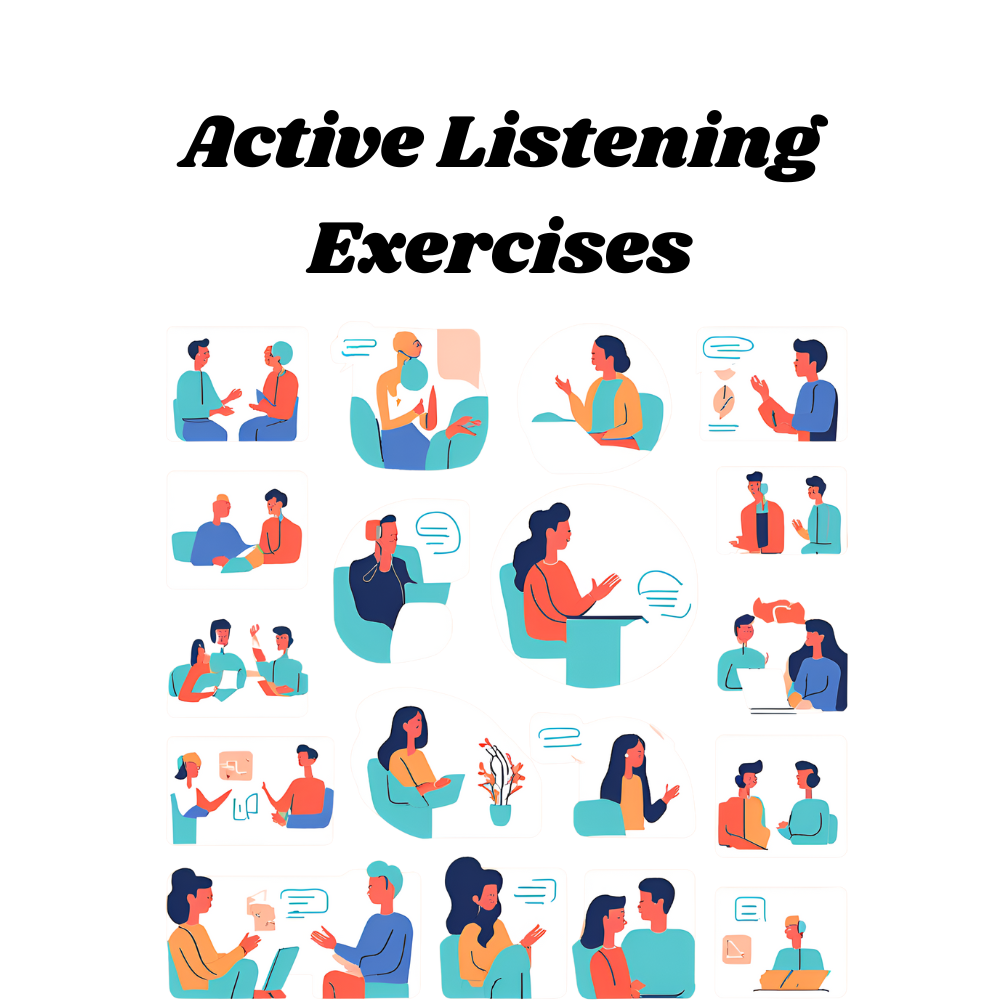
Active Listening Exercises
Active listening means giving the person who is talking your full attention, understanding what they are saying, and then responding in such a way that shows they have been listened to. For example, one could speak for a few minutes on the chosen subject while their partner listens without interruption. Then, the listener reflects or repeats back what he has heard to ensure understanding.
Role-Playing Scenarios
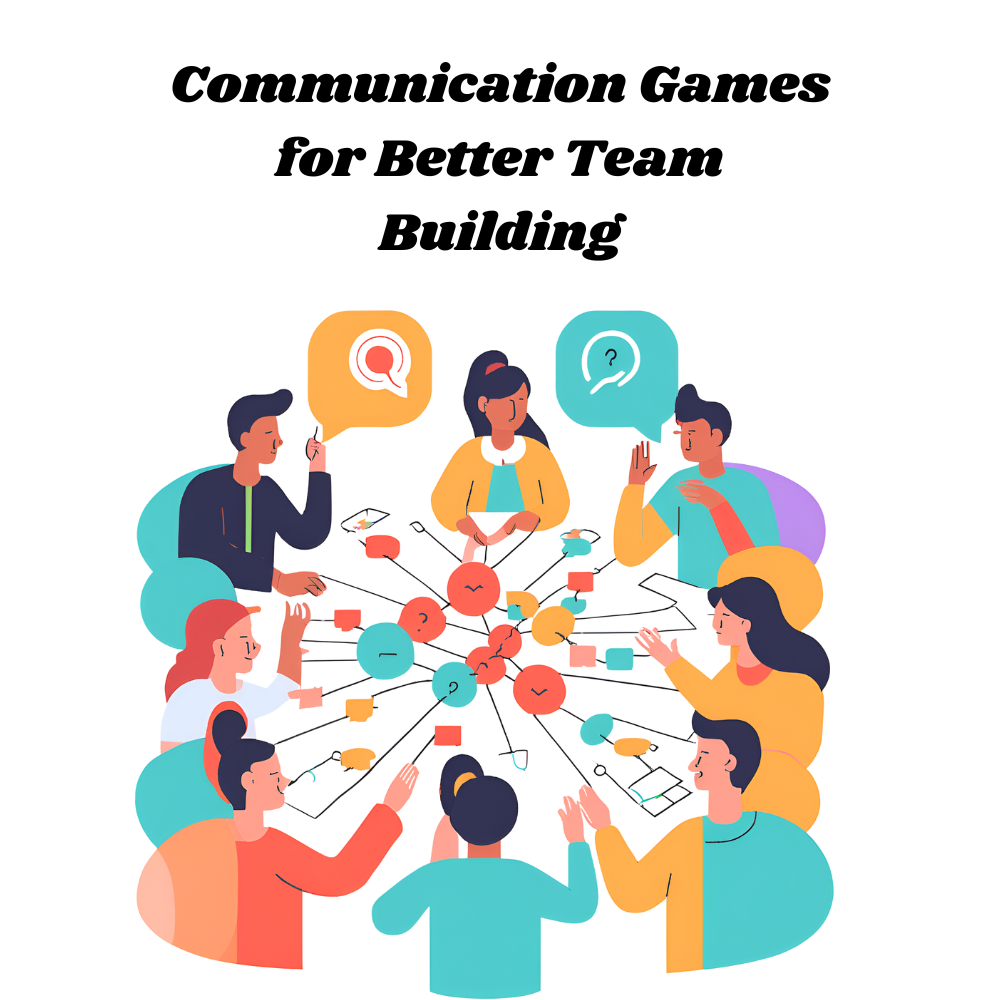
In other words, role-playing would help a person understand the verbiage of communication in pretty much any situation he/she is likely to find themselves. It gets participants to synthesize empathy along with problem resolution, AND being cool under pressure.
Communication Games for Better Team Building
Playing games such as “Two Truths and a Lie” or simple variations on charades can be fun while simulating communication. These exercises make participants unambiguously express their ideas and also provide an opportunity for understanding others’ views, leading to better collaboration.
Benefits of Communication Skills Exercises
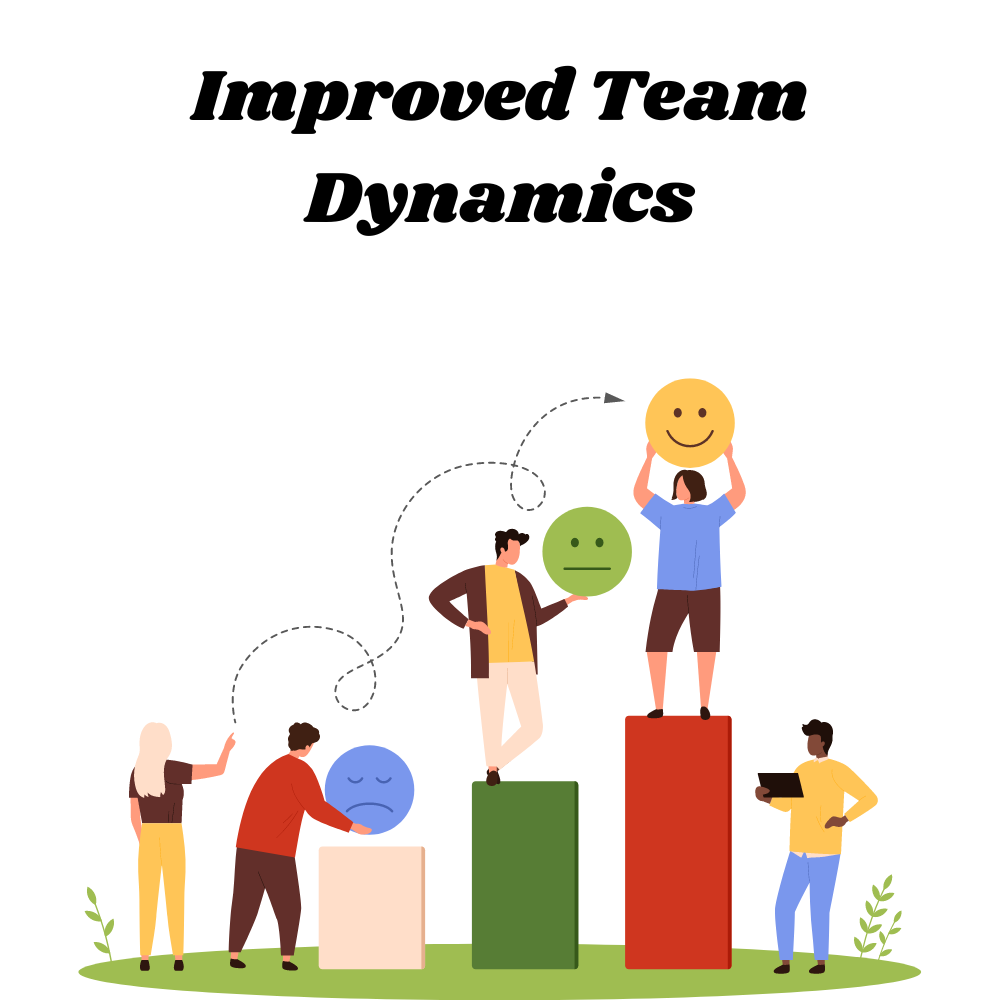
Improved Team Dynamics
Regular and transparent communication between team members is key to fostering strong dynamics at work. Through communication exercises, teams understand each other strengths and weakness to help collaborate better while at the same time fostering respect.
Higher Productivity
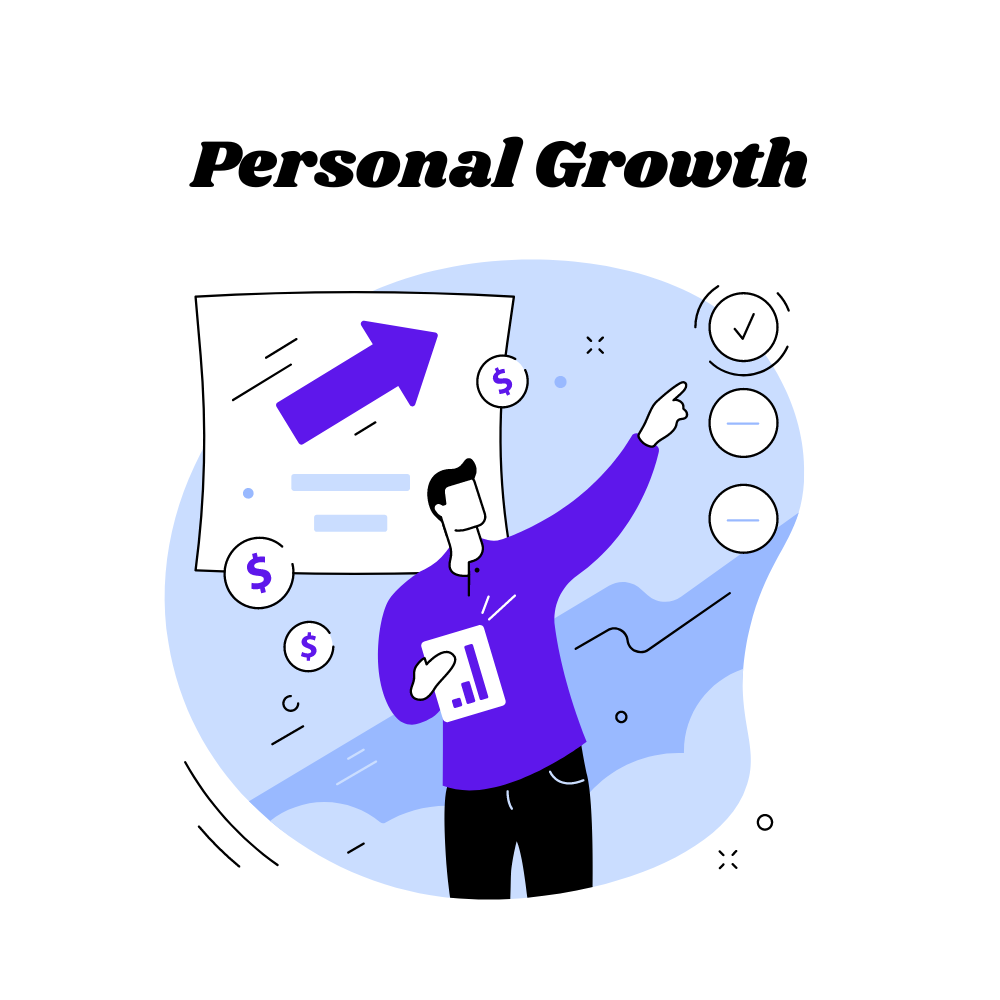
It Helps in Avoiding Misunderstandings: This makes the process easy and ensures that no one misinterprets or misunderstands. You get better results, more efficiently.
Personal Growth
Doing communication exercises also adds to personal development. It increases confidence, polishes your oratory, and makes you a better leader and follower.
15 Best Communication Skills Exercises
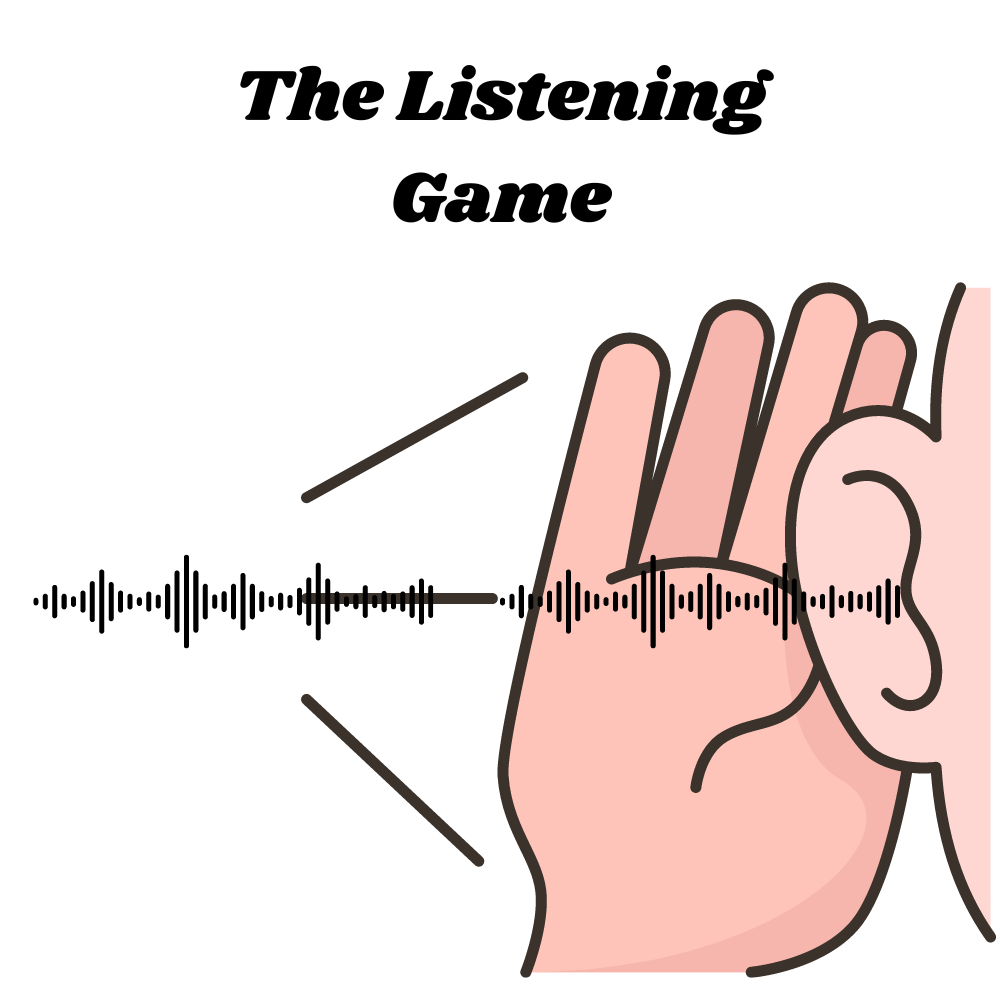
1. The Listening Game
Pair up with a partner. One person talks for three minutes on a set topic while the other listens without interrupting. Then, the listener repeats back everything they heard.
2. Two Truths and a Lie
Every participant tells two truths and one lie about themselves. The panel must then guess which statement is untrue. This practice helps you improve your listening and critical thinking skills.
3. Silent Discussion
This activity involves both words and writing notes. This fosters meaningful discussion and enables people to articulate ideas appropriately & briefly.
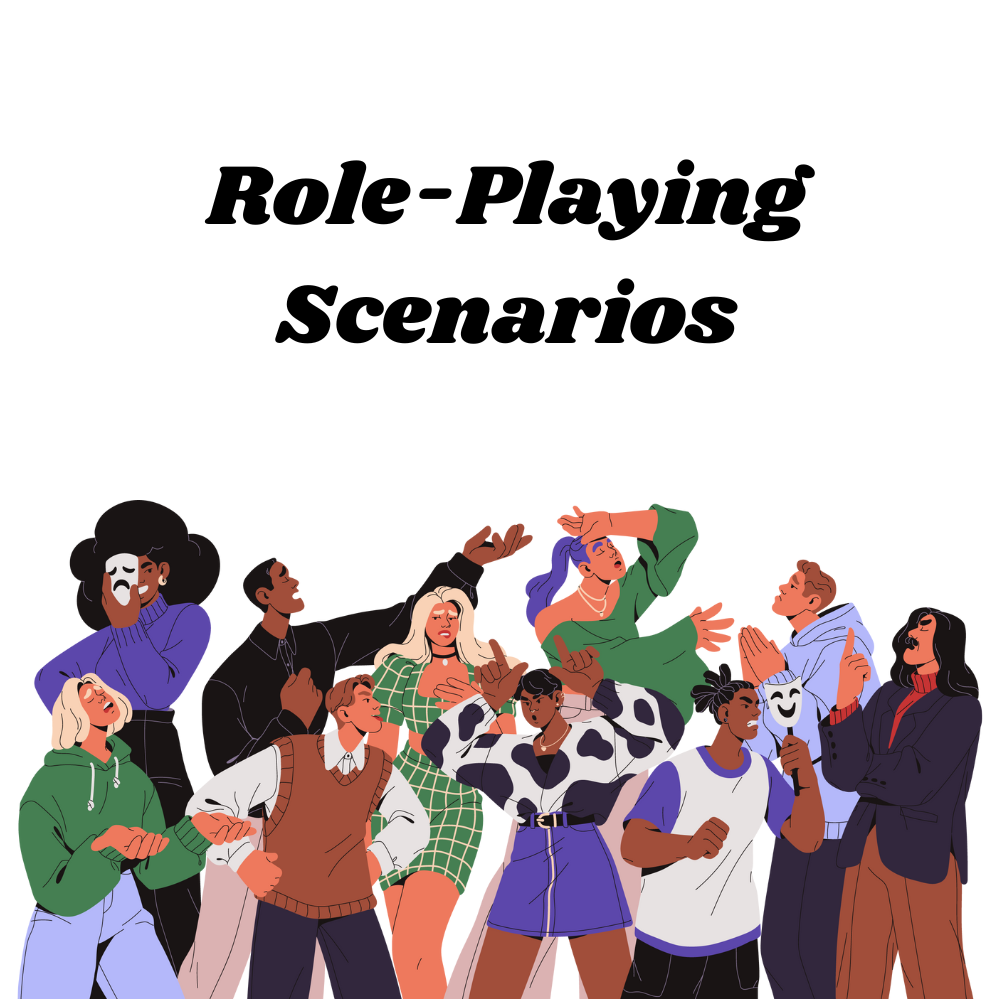
4. Role-Playing Scenarios
Participants take on various roles to practice communication in different situations, for example, conflict or selling something.
5. The “Yes, and” Game
In partners, participants one at a time say “Yes, and” its statement…”. This helps in listening actively and creatively.
6. Empathy Mapping
A person would know how a user speaks, thinks, and feels by carrying out an empathy map. Aided by which emotional and perspective-taking skills are enhanced.
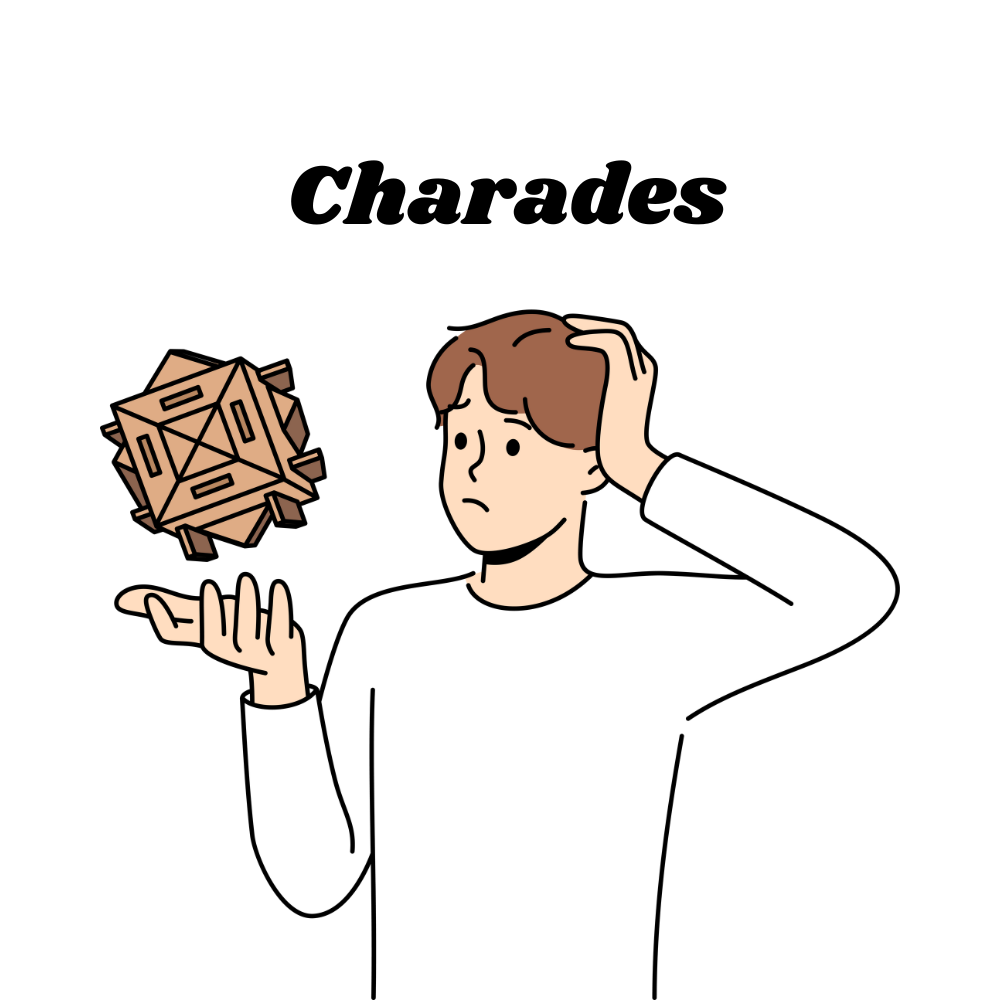
7. Charades
A classic game where players act out a word or phrase without talking, and other participants guess. This enhances the non-verbal communication skills.
8. Debate Club
Distribute yourselves into small groups to debate on different topics. It forces participants to properly verbalize their ideas and respond to disagreement.
9. Presentation Practice
People prepare presentations in advance on a selected subject. This also improves public speaking and confidence.
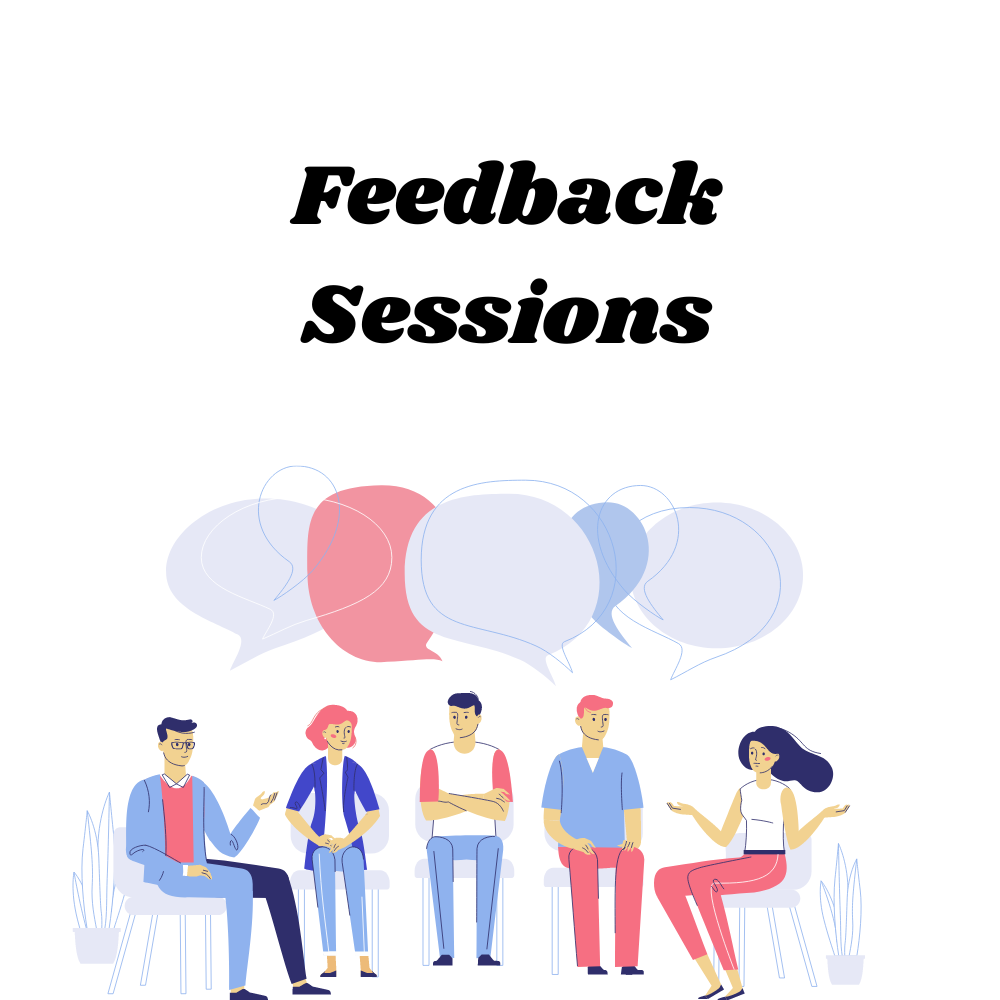
10. Feedback Sessions
Exchange constructive feedback with other participants on practicing communication skills. This helps you pinpoint where there might be room for improvement, and it supports a growth philosophy.
11. Icebreaker Questions
Use icebreaker questions to introduce your meetings or workshops. This can foster dialogue, and reinforce relationships between attendees.
12. Mind Mapping
Use mind maps to structure and visualize ideas This helps in organizing thoughts and conveying them effectively.
13. The Paraphrasing Exercise
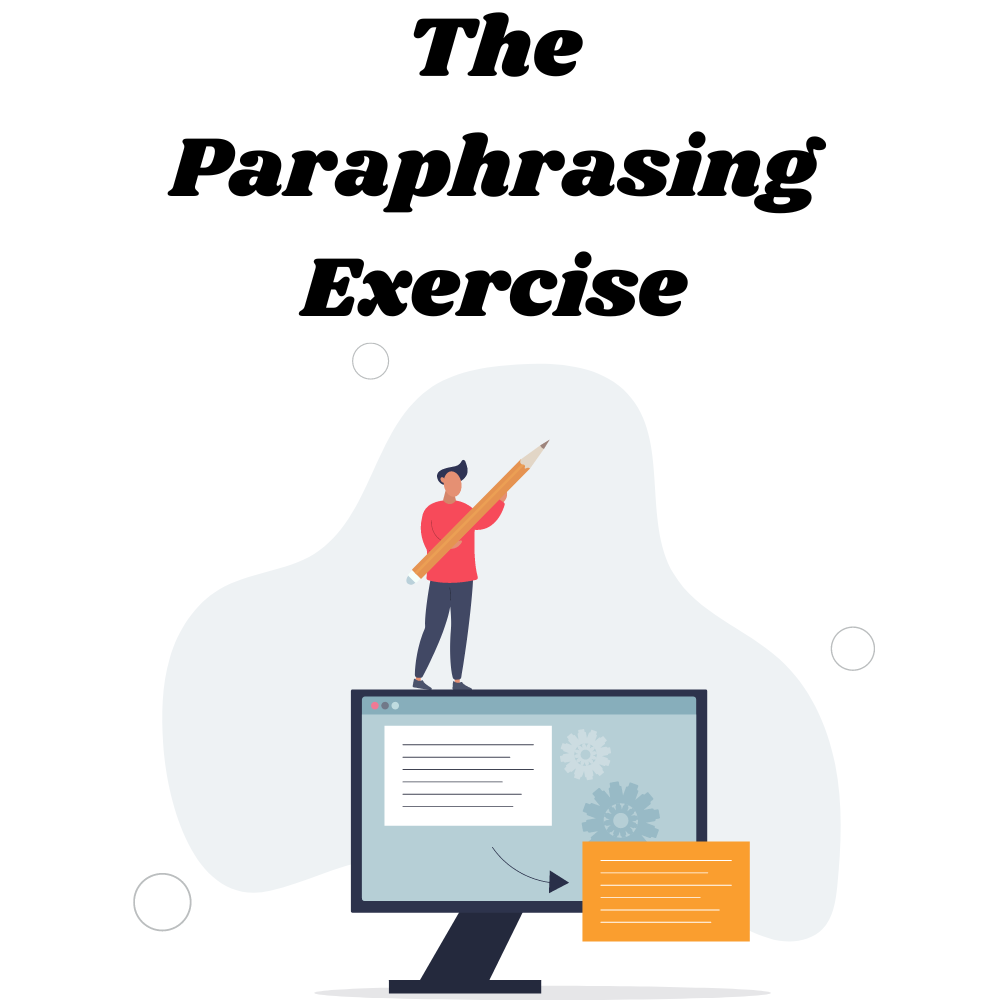
Find a partner and speak conversationally on one topic. The listener then reflects on what was communicated, allowing for confirmation of accurate understanding.
14. Storytelling
Participants bring in their own stories or anecdotes. This helps develop story-telling abilities and draws in our audience even more.
15. Group Problem-Solving
Want to form small groups and solve a problem or tackle a challenge together? It encourages teamwork, active listening, and participative communication.
Conclusion
Is a highly inefficient and ineffective communication skill that can severely hurt your professional and personal life. Incorporate these communication skills exercises into your regular practice, and you will increase the way how to connect with others, deliver messages clearly, and collaborate well. Always remind yourself that communication is a craft and check your ego at the door by being open to learning more.

Is an Entrepreneur, Business Adviser. He loves to do research on the business and acquire knowledge on the business topic and this knowledge he used in his business. He also believes that sharing is caring that’s why he starts to write for those people who actually need help with the business, marketing, business strategy, skills, and creativity in business topic which is very important for them.


